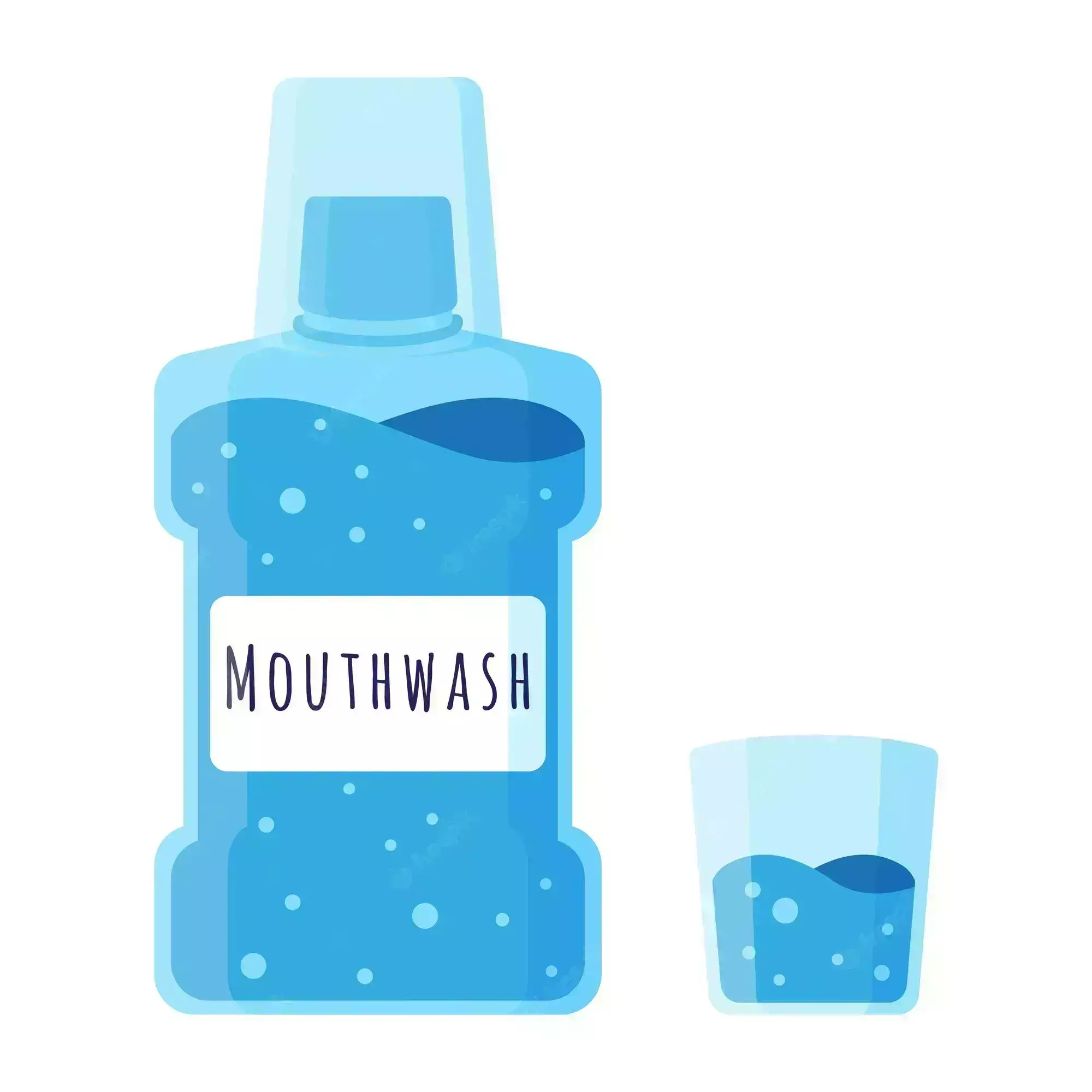- Home
- Medical news & Guidelines
- Anesthesiology
- Cardiology and CTVS
- Critical Care
- Dentistry
- Dermatology
- Diabetes and Endocrinology
- ENT
- Gastroenterology
- Medicine
- Nephrology
- Neurology
- Obstretics-Gynaecology
- Oncology
- Ophthalmology
- Orthopaedics
- Pediatrics-Neonatology
- Psychiatry
- Pulmonology
- Radiology
- Surgery
- Urology
- Laboratory Medicine
- Diet
- Nursing
- Paramedical
- Physiotherapy
- Health news
- Fact Check
- Bone Health Fact Check
- Brain Health Fact Check
- Cancer Related Fact Check
- Child Care Fact Check
- Dental and oral health fact check
- Diabetes and metabolic health fact check
- Diet and Nutrition Fact Check
- Eye and ENT Care Fact Check
- Fitness fact check
- Gut health fact check
- Heart health fact check
- Kidney health fact check
- Medical education fact check
- Men's health fact check
- Respiratory fact check
- Skin and hair care fact check
- Vaccine and Immunization fact check
- Women's health fact check
- AYUSH
- State News
- Andaman and Nicobar Islands
- Andhra Pradesh
- Arunachal Pradesh
- Assam
- Bihar
- Chandigarh
- Chattisgarh
- Dadra and Nagar Haveli
- Daman and Diu
- Delhi
- Goa
- Gujarat
- Haryana
- Himachal Pradesh
- Jammu & Kashmir
- Jharkhand
- Karnataka
- Kerala
- Ladakh
- Lakshadweep
- Madhya Pradesh
- Maharashtra
- Manipur
- Meghalaya
- Mizoram
- Nagaland
- Odisha
- Puducherry
- Punjab
- Rajasthan
- Sikkim
- Tamil Nadu
- Telangana
- Tripura
- Uttar Pradesh
- Uttrakhand
- West Bengal
- Medical Education
- Industry
Mouthwash use associated with increased risk of developing prediabetes

Mouthwash use is associated with an increased risk for prediabetes/diabetes suggests a recent study published in the British Dental Journal.
Many people in the UK use mouthwash on a regular basis. Recently, a longitudinal study conducted in Puerto Rico that monitored overweight and obese adults over a three-year period (which included periodontal and oral hygiene assessments) concluded that those using mouthwash twice daily or more at baseline had an approximately 50% increased risk of developing prediabetes/diabetes combined, compared to those who used mouthwash less than twice daily or not at all. The proposed mechanism to explain this is that mouthwash has antibacterial effects in the oral cavity, yet oral bacteria play an important role in the salivary nitrate-nitrite-nitric oxide pathway, and reduced levels of nitric oxide are associated with insulin resistance as well as adverse cardiovascular effects such as hypertension and impaired vascular function. However, methodological limitations in the study bring into question the generalisability of the findings. In this article, the important role of oral bacteria in the production of nitric oxide is discussed, and the findings of the Puerto Rican study are considered in detail. It is important that dental professionals are aware of emerging research on this topic as patients frequently ask for advice on use of mouthwash as part of their oral hygiene regime.
The lack of data on type of mouthwash is an important limitation of the study, as mouthwashes may contain antibacterial agents (for example, designed for treatment of gingivitis), or may be more simply considered as breath fresheners. Indeed, it has been shown that different mouthwashes have differential effects on plasma and salivary nitrite concentrations and impact on blood pressure.
Potentially, future research may lead to recommendations that mouthwash be used no more than, for example, once per day (depending on the rationale for use, and the type of mouthwash being used), and clearly more research (ideally in the form of prospective studies and randomised controlled trials) is required.
Reference:
Preshaw, P. Mouthwash use and risk of diabetes. Br Dent J 225, 923–926 (2018). https://doi.org/10.1038/sj.bdj.2018.1020
Dr. Shravani Dali has completed her BDS from Pravara institute of medical sciences, loni. Following which she extensively worked in the healthcare sector for 2+ years. She has been actively involved in writing blogs in field of health and wellness. Currently she is pursuing her Masters of public health-health administration from Tata institute of social sciences. She can be contacted at editorial@medicaldialogues.in.
Dr Kamal Kant Kohli-MBBS, DTCD- a chest specialist with more than 30 years of practice and a flair for writing clinical articles, Dr Kamal Kant Kohli joined Medical Dialogues as a Chief Editor of Medical News. Besides writing articles, as an editor, he proofreads and verifies all the medical content published on Medical Dialogues including those coming from journals, studies,medical conferences,guidelines etc. Email: drkohli@medicaldialogues.in. Contact no. 011-43720751


